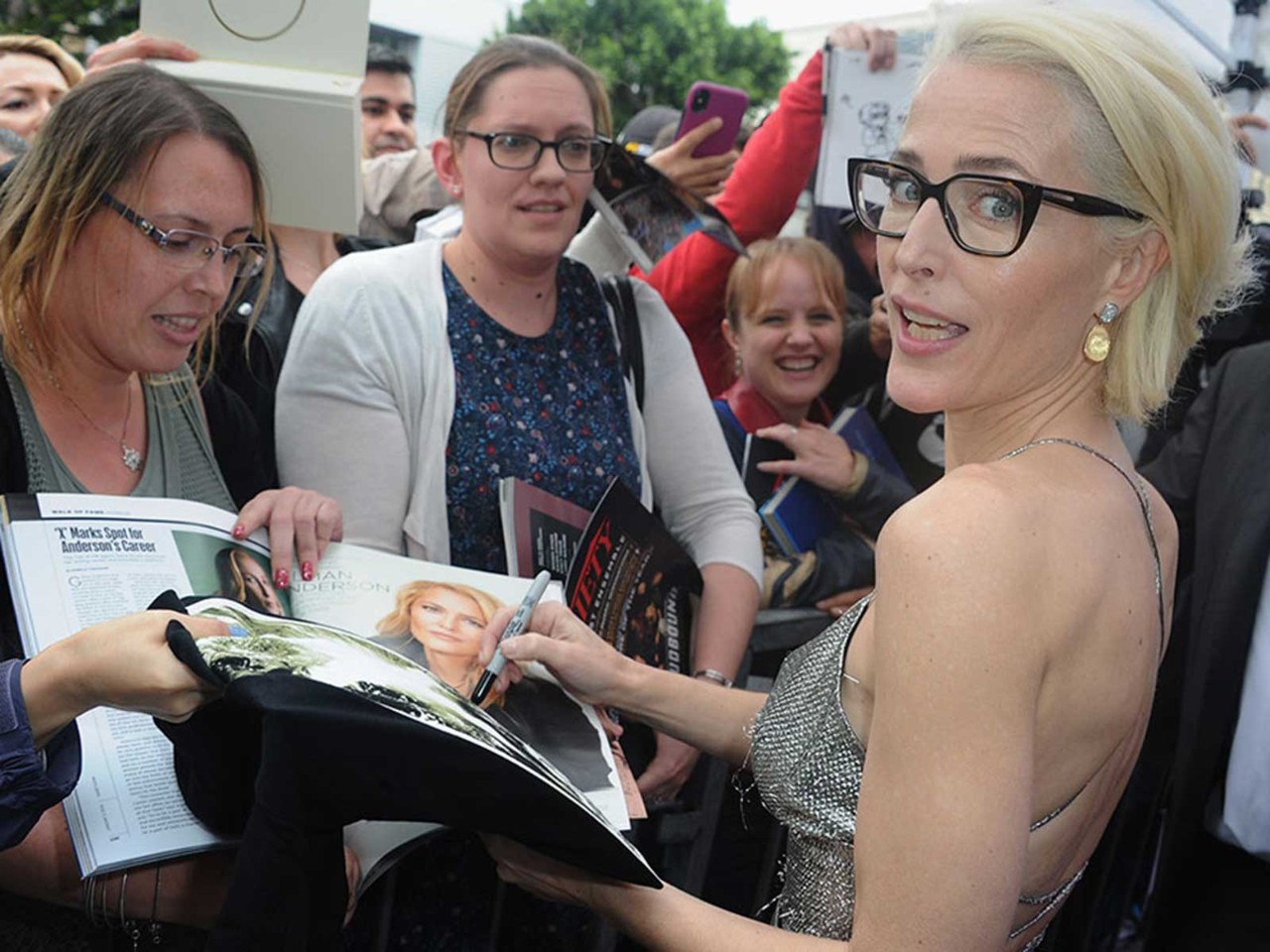
Reams of commentary on audit quality, regulation and firm culture have been delivered by the UK’s Financial Reporting Council (FRC) in the last few months of 2021, including What Makes a Good Audit? and the annual Developments in Audit. For those with insomnia, a Collection of Perspectives on culture, emanating from a conference in July, has just hit the e-doormat.
How to cut through all this? Picture a world in which investors in a company hired the auditor. Candidates would be grilled on the key requirements at the tender stage, and the annual vote to rehire them would depend on evidence of rigorous execution, communication of what went well and what didn’t, and the results of audit quality inspections by the FRC.
The key requirements start with rigour, encompassing not only expertise but sufficient time and resources to dig deep enough for evidence. It also assumes strong senior leadership and coaching of junior team members. One of the encouraging developments in the past year, noted by Developments in Audit, has been ‘the delaying of audit opinion sign-offs to ensure that sufficient time is available to deliver quality output’.

The point of challenge is that it needs to be directed at those who don’t want to hear it
The sticking points
But technical expertise is not enough, as demonstrated by the approach to materiality. The quantitative still gets more emphasis than the qualitative, which is just as likely to lead investors to redeploy their capital.
The other key requirement – professional scepticism (ie the willingness to challenge management) – is not so much technical as ethical and cultural. If deep technical knowledge were needed to challenge the powerful, journalists would not be able to do their jobs – they excel at professional scepticism without having to read endless commentary on it.
When I read in the Collection of Perspectives that ‘management must be open to challenges’, or that challenge can be counterproductive when ‘experienced as confrontation’, or that critical analysis is ‘emotionally exhausting’, or that staff should be trained to ‘disagree without being disagreeable’… my reaction is no, no, no and no.
Why are auditors worried about standing their ground when their expertise equips them to mount strong evidence-based arguments?
Disagreeable beats appeasement
The point of challenge is that it needs to be directed at those who don’t want to hear it. It is a good thing to confront issues, and being awkward or disagreeable is miles better than appeasement. As for emotional energy, doing the right thing by challenging biased people, especially if this wins plaudits from colleagues, should be exhilarating, not exhausting.
I am not arguing for a fight for its own sake – tact and diplomacy have their place. But why are auditors worried about standing their ground when their technical expertise equips them to mount strong evidence-based arguments? Good managements enjoy intellectual challenges. It is the bad ones that must be approached without fear or favour.
Fortunately, the latest auditing standards, including ISA (UK) 540 on accounting estimates and ISA 240 on responsibilities relating to fraud, require auditors to ‘stand back’ when evaluating the evidence – contradictory as well as confirmatory – and to look out for management bias.
Much is riding on how well the audit firms act on the spirit of these standards and on how the FRC monitors and enforces them. Their actions will speak much louder than all those words.


